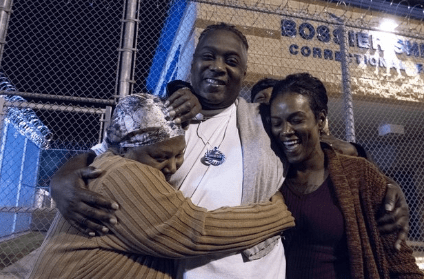Civil rights organizations filed a lawsuit against the state of Florida Friday after Gov. Ron DeSantis signed a bill that would require felons to pay court-ordered financial obligations if they want to restore their voting rights.
What We Know:
- Florida’s new law, SB7066, violates the prohibition of poll taxes expressed in the 24th Amendment, claims the lawsuit filed by American Civil Liberties Union, the ACLU of Florida, the Brennan Center for Justice and NAACP Legal Defense and Educational Fund. The suit filed on behalf of 10 Floridians also claims that the new law was partly motivated by a racially discriminatory purpose in violation of both the 14th and 15th Amendments which granted citizenship to people born or naturalized in the U.S. and prohibited the government from denying a citizen the right to vote based on race.
- “This disenfranchisement will be borne disproportionately by low-income individuals and racial minorities, due to longstanding and well-documented racial gaps in poverty and employment,” the lawsuit states. Civil rights groups have argued that making felons who are re-integrating into society pay excruciating penalties equates to a poll tax.
- About 1.4 million Floridians with felony records had their voting rights restored in January after 64.5 percent of the state’s residents voted last year to approve an amendment to Florida’s constitution, according to NBC News. The initiative restored voting rights to residents with felony convictions who have completed their sentences, except for those convicted of murder or a sexual offense. However, DeSantis started to undermine the amendment shortly after he was elected in December.
- The state’s Republican-controlled legislature introduced a bill to curb felon voting rights in March, the bill passed both chambers and DeSantis signed it on Friday.
Leah Aden, deputy director of litigation at the NAACP Legal Defense and Educational Fund, argued that this new legislature severely impacts black felons. “This law will disproportionately impact black Floridians with a felony conviction, who face the intersecting barriers of accessing jobs in a state with long-standing wealth and employment disparities,” Aden said.



